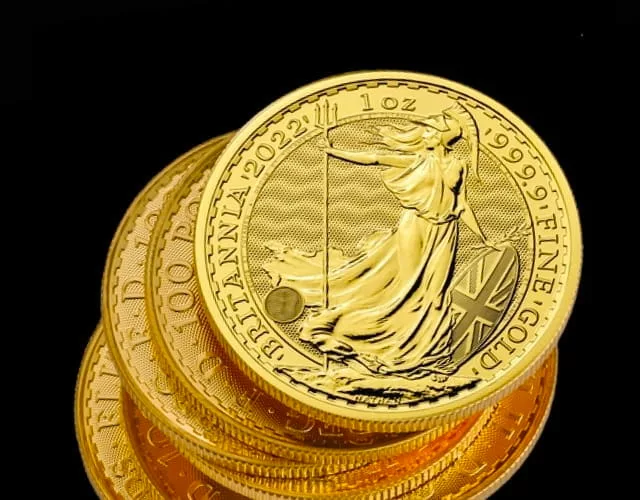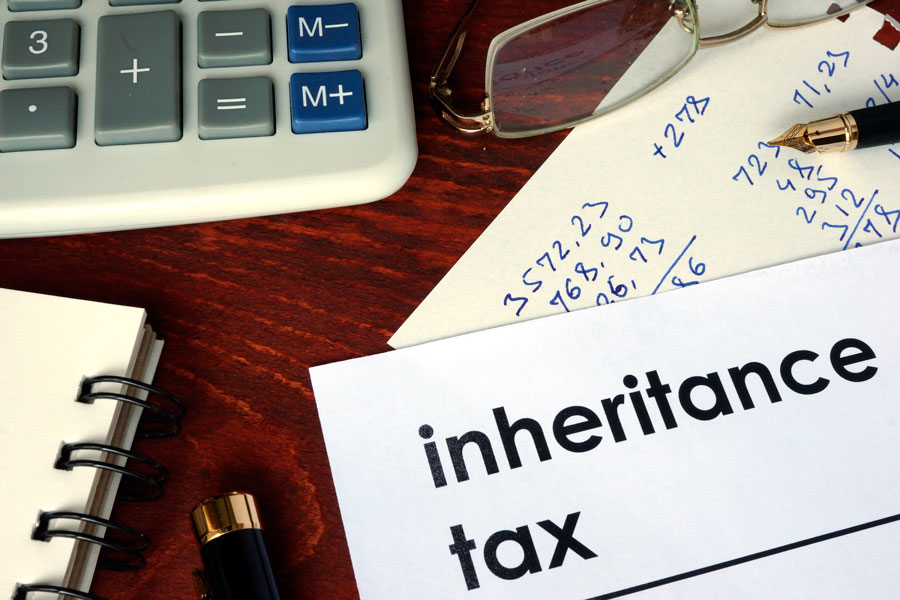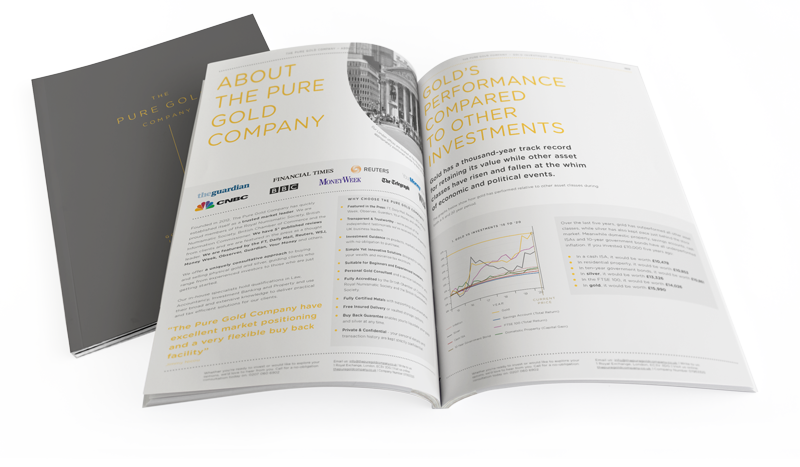Consider the importance of Wills
Any sound financial advisor will tell you ‘Everyone should make a Will.’ You also need to ensure it is updated to reflect your current intentions. Failing to make or update your will can result in it being challenged. Circumstances change, and if there have been life events like births, deaths and marriages, a will may need to be reviewed or changed. That said, a will can be contested, which will inevitably require legal recourse. This can eat into the inheritance itself.
Similarly, if someone dies intestate or without a will, the legal rules on who will inherit may be contested, During 2020, there were 68 contested probate cases that came to court according to the Ministry of Justice statistics. The main beneficiaries of these disputes are often the legal teams instructed to represent the cases. Meanwhile, those who should have benefited from a legacy lose out. It’s the responsibility of the person writing the will to ensure it is clear and there can be no confusion about its interpretation.
Life Insurance
A person who takes out a life insurance policy is ensuring their dependents or spouses are provided for in the event of an untimely death. Putting a life insurance policy into a trust will help limit the final inheritance tax bill by ensuring the policy is paid directly to the beneficiary rather than being put into the deceased person’s estate.
Life insurance policy premiums will increase the older you get to reflect the greater risk of death and therefore a pay-out. But if the premiums become too onerous the older you get, it may not be worth the sacrifices needed to keep them up.
Some people consider life insurance policies a type of savings plan which, if in trust, will payout to the beneficiaries without inheritance tax. But if the premiums become higher as people live longer, there is the risk they can no longer pay and will get nothing at all if the policy lapses.
Depending on personal circumstances though, some people just don’t need life insurance (no dependents or enough assets to provide for dependents in the event of their death), but if you do, make sure it’s the right policy for you.
Helping to untangle inheritance taxes
The rise in property prices means estate taxes will rise in a big way. It has been estimated the total inheritance tax collected will reach £6.3 billion in 2023. Those who have an inheritance tax obligation must pay this income tax. It isn’t something that many people think they’ll leave.
The good news is that you can do many things during your lifetime to minimize your inheritance taxes. The UK inheritance tax threshold is currently £325,000. This rises to £500,000 if you own your home and leave it to your children or grandchildren. A surviving spouse or civil partner can take on any ‘unused’ inheritance tax, so couples will be able to leave homes worth up to £1 million to their children or grandchildren. The standard inheritance tax rate is 40%. Your Inheritance tax bill is only charged on the part of your estate that’s above the threshold.
Passing your assets on to others- Your Annual Gift
Allowance
If you want to limit the amount of inheritance tax liability, you can give what is called an ‘Inheritance tax gift’ under current tax rules. Using your annual tax gift allowance, £3000 per year can be gifted to a loved one annually which does not form part of your estate if you die. Anything over and above that will be taxed on a sliding scale if you die within the next seven years, but no tax will be payable after those seven years.
The same rule applies for giving away your home if you move out and live for another seven years. If you continue to live in the property after giving it away, you will need to pay rent and bills.
The property will only be exempt for inheritance tax purposes if you live for the requisite seven years.
Discover Gold’s Unique Tax Advantage
Most investments are subject to some form of taxation, but physical gold can be totally free of VAT and capital gains tax.

Funeral plans
Some people choose to take out a funeral plan that will cover the costs of burial when they die. Usually paid in instalments or a lump sum, they are not always the most cost-effective method for paying for your funeral.
The money paid to cover the costs doesn’t incur interest when even a savings account would. Essentially funeral plan contributions are a long-term savings plan that doesn’t pay interest. If the cost of a funeral plan increases with inflation, then there may well be a shortfall for your loved ones to pay. Such shortfalls undermine the reason for utilising the plan in the first place.
A tax-free ISA or another type of asset that maintains its value or increases in value will be just as effective in paying for funeral expenses, and there may even be some money left over.
Gold Funeral Plan?
Some people have decided to buy gold up to the value of their funeral expenses since the precious metal has continually maintained its worth over centuries. When inflation rises, the value of gold typically rises as well, effectively functioning as a protection against funerary costs.
Inheritance Tax Rules & Gift Allowance and Gold
Investment
Physical gold is a practical and effective way of transferring wealth to loved ones. It is private, which means that unlike equities, cars or property there is no requirement to register its ownership or a transfer of ownership when it is passed on.
Gold Tax Advantages
Gold can be used to protect wealth rather than banking assets. In real terms, removing money from the financial system helps prevent its value from being eroded as inflation rises. Physical Gold effectively removes wealth from the banking system where the low rate of interest would erode its value as inflation continues to increase the cost of goods. Instead, your wealth is transferred into a physical and tangible asset that can grow tax-free in certain circumstances.
Capital Gains Tax
If you are a UK resident and purchase UK gold coins minted by the Royal Mint like Gold Britannia coins or Gold Sovereign coins, any capital gains are tax-free. These coins can also be Capital Gains tax-free when you pass them on as part of your legacy, depending on individual circumstances.
Tax Implications
Not only might you benefit from flexibility around inheritance tax. You may be able to transfer the benefit of tax-free growth down the generations. For example, A generous grandfather bought 50 one-ounce gold coins in 1975 for £25 each and left them to his grandchild. On receiving their inheritance if his grandchild sold them for over £1000 each today, they may incur no capital gains tax.
Investing to grow your Legacy
With the right financial planning, Gold is a wonderful way to give some of your money away while you’re still alive. Under inheritance tax regulations, you can utilize your inheritance gift allowance. It doesn’t need to be complicated. You could just buy physical gold presents for your loved ones (jewellery or small coins) when birthdays or Christmas comes around. Beneficiaries may also consider gold when deciding what the best course of action is with inherited money if you want to keep it and protect against inflation.
The Pure Gold Company – How do we fit in?
The Pure Gold Company is a gold and silver specialist that provides clients with a curated investment service. They discuss clients’ needs to ensure they are offered the right product. Their consultative approach, full certification, storage options and buyback guarantee give investors peace of mind that they have made the right choice for their assets.


